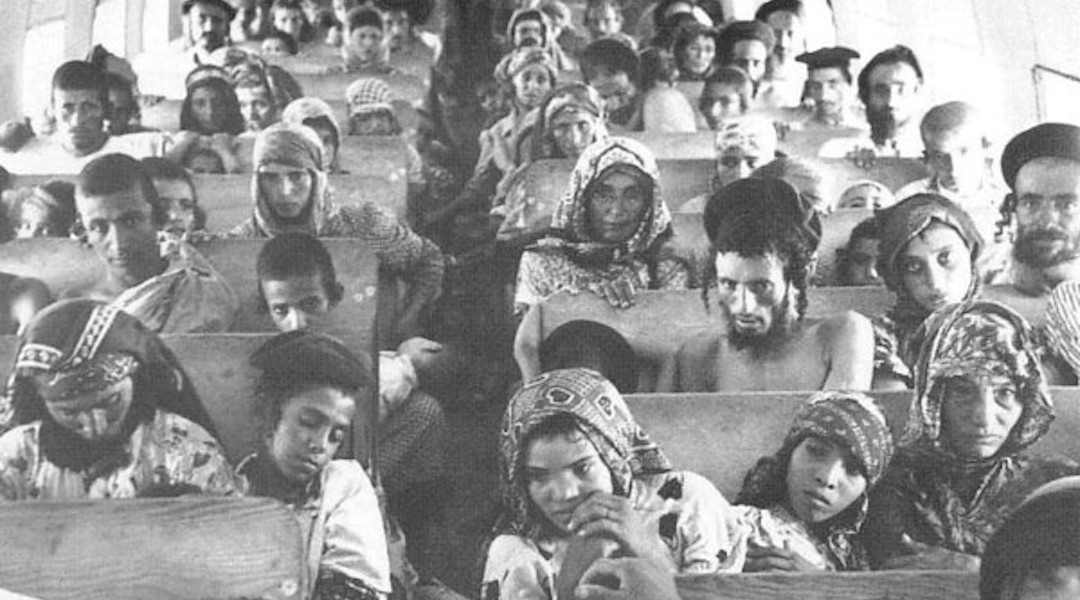A state commission of inquiry investigating the disappearance of hundreds of Yemenite immigrant children during the 1950s has been authorized to open unmarked graves where the children were allegedly buried.
The commission is investigating allegations by members of the Yemenite community that the children did not die of illness, but were illegally abducted.
Members of the commission this week visited cemeteries where the children were supposedly buried.
Two previous independent committees appointed to investigate the matter, along with academics who have researched the affair, concluded that the majority of children died, while the fate of a small number was unknown.
In a related development, the High Court of Justice on Thursday reduced the prison sentence of Uzi Meshulam, the leader of a Yemenite sect who alleged that some 4,000 Yemenite children were sold for illegal adoptions.
Meshulam and his followers barricaded themselves inside his home for two months in March 1994. He was subsequently sentenced to 8 years in prison for endangering lives, illegal possession of weapons and a number of other charges.
In issuing its ruling Thursday, the court reduced Meshulam’s sentence by 18 months, clearing him of charges that included sabotage, which resulted from his group’s firing on a police helicopter during the 1994 siege.
The court rejected appeals from eight of his followers who had been convicted in connection with the siege.
Meanwhile, police arrested 16 Meshulam supporters this week in the Galilee town of Karmiel on suspicion of distributing inciteful material against Internal Security Minister Moshe Shahal.
JTA has documented Jewish history in real-time for over a century. Keep our journalism strong by joining us in supporting independent, award-winning reporting.
The Archive of the Jewish Telegraphic Agency includes articles published from 1923 to 2008. Archive stories reflect the journalistic standards and practices of the time they were published.




